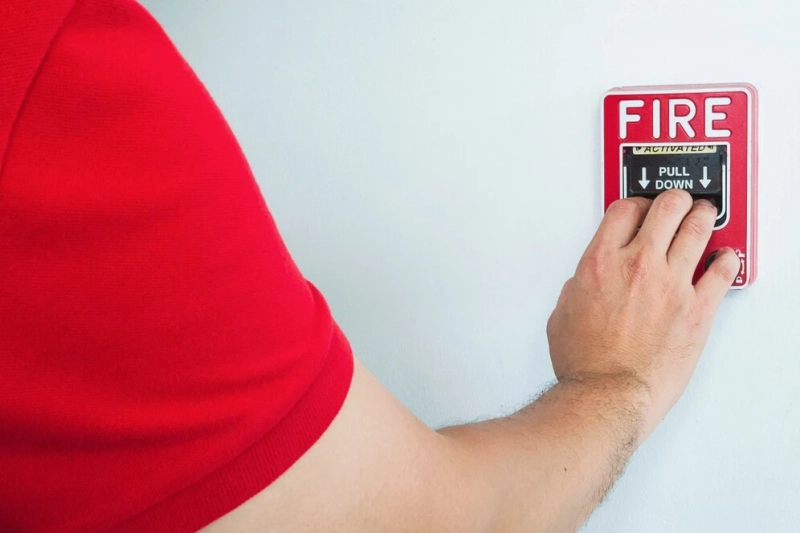Fire alarm protection of life and property becomes possible only when the system has been correctly installed. Business safety standards with appropriate detection systems can only be achieved through the expert work of fire alarm contractors. All buildings, whether large or small, must receive professional installation for immediate response features and to satisfy UK regulatory requirements.
Why Professional Fire Alarm System Installers Matter
● Compliance with Regulations
The UK’s Regulatory Reform (Fire Safety) Order 2005 requires businesses to install fire alarm systems that meet British Standard 5839-1. Professional fire alarm system installers ensure all legal requirements are fulfilled.
● Accurate System Design
Every building has unique fire safety needs. Contractors assess the layout and potential risks to design a system that provides maximum coverage.
● Proper Installation for Immediate Detection
A professionally installed system ensures quick smoke, heat, or fire detection, reducing the risk of significant damage and keeping employees safe.
● Reliable Maintenance and Support
Regular inspections and servicing by qualified contractors keep systems functional, preventing failures when they are needed most.
Choosing the Right Fire Alarm Contractors
- Certifications and Accreditations
The selection of fire alarm contractors demands industry accreditations, including FIA and BAFE Fire Safety and NSI Fire Gold certification. High safety standards show compliance through these accreditation systems.
- Experience and Expertise
An experienced contractor uses their examination skills to identify suitable fire alarm systems by considering building sizes and risk points.
- Customised Solutions
Each organisation requires specific fire safety arrangements. The solutions offered by skilled contractors match building types so they can make fire protection systems for warehouses, retail stores or office buildings.
- Transparent Pricing and Support
Accurate pricing transparency and dedicated backing systems make up the key features that distinguish trustworthy companies from others.
Types of Fire Alarm Systems Installed by Experts
● Conventional Fire Alarms
These systems are ideal for small businesses, as they divide a building into zones, helping to locate fire sources quickly.
● Addressable Fire Alarms
Suitable for larger premises, these systems provide specific information on the exact location of fire or smoke.
● Wireless Fire Alarms
A flexible option for buildings with complex wiring, offering the same reliability as wired systems.
● Hybrid Fire Alarm Systems
Businesses with diverse needs should consider Hybrid Fire Alarm Systems because they merge wired infrastructure with wireless protocols to achieve performance and adaptability.
● Voice Alarm Systems
In large public buildings, these alarms provide clear verbal instructions to guide people to safety.
The Installation Process by Fire Alarm System Installers
● Initial Assessment and Planning
Fire alarm contractors begin by conducting a full site assessment to identify risk areas and determine the best alarm placement.
● Professional Installation
Once the plan is approved, the system is installed following British Standards, ensuring every component functions correctly.
● Testing and Certification
After installation, thorough testing is carried out to ensure the system detects dangers effectively. A completion certificate is issued to confirm compliance.
Ensuring Safety with the Right Installation
Fire alarm system installer set up the system and provide thorough testing to confirm functionality. Their role extends beyond installation, offering routine maintenance to ensure alarms work effectively when needed.
Currant Live represents a vital resource that assists companies with system setup, maintenance, and modernisation before keeping business operations compliant with safety regulations. Putting money into a dependable fire alarm system emerges as an essential measure for protecting people and assets from harm. Businesses can operate confidently because expertly installed fire safety measures and ongoing support ensure they maintain standard compliance.



